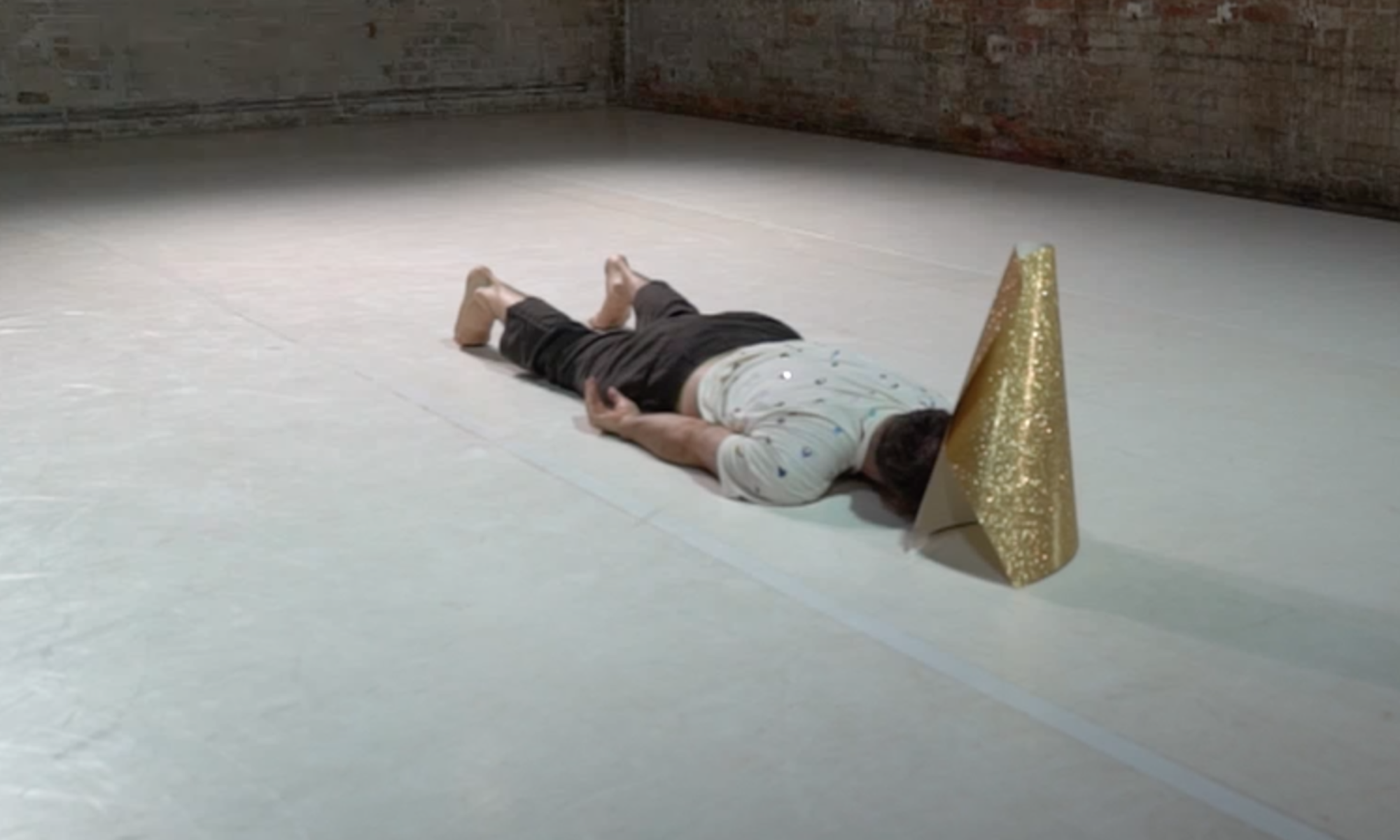It is absurd to suppose that purpose is not present because we do not observe the agent deliberating. Art does not deliberate.
– Aristotle, Physics II.8, The Complete Works of Aristotle Vol. I. The Revised Oxford Translation, ed. Jonathan Barnes).
If Art does not deliberate and choreography can be seen as a form of deliberation, is, then, choreographed dance not art?
Is the art that choreography generates, then, the un-deliberated performance of its execution?
Does this mean, then, that the purest artistic form of dance is the least deliberated, i.e., absolute improvisation, when the phases of exploration, experimentation, and execution collapse into a singular event, when the artist is deliberating in the moment?






